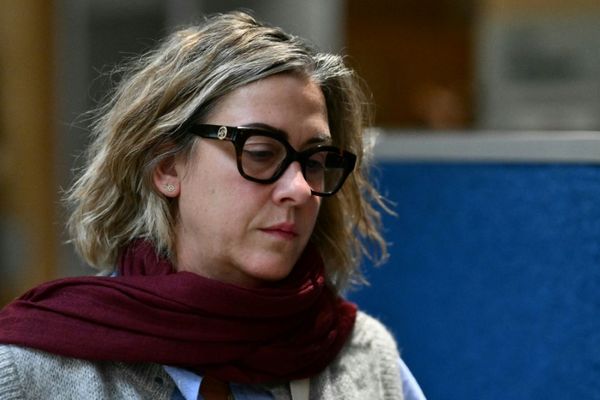
Now that the kids are gone, you no longer need a five-bedroom home with a big backyard. It’s expensive, too. But when it comes time to downsize, you need to make an important decision: should you rent in retirement?
Is it better to rent in retirement?
While many long-time homeowners may resist the idea of renting, don’t dismiss it outright. Instead of sinking money into a new house, you may be better off putting it in your investment portfolio. For example, suppose you sell your five-bedroom home and net $300,000 in cash. If you invest that money and earn 6% annually, you’ll generate an extra $18,000 in the first year. Even after taxes, you’ll have a good amount left over to put toward rent, and the cost of homeownership will drop sharply or disappear altogether.
You should also think about how long you expect to stay in your new place. Renting may be the better choice if you’re not sure where you want to settle down for good in retirement. This is especially true if you think you may move within three to five years. (See the The 8 Best Places to Retire for Renters for ideas). Otherwise, your home might not increase enough in value to offset your initial expenditures on things like real estate commissions and closing costs.
How do you decide if you should buy or rent in retirement?
When deciding whether to buy or rent, estimate how much income you’ll need to pay the bills. You should also look at the costs of home prices versus yearly rent for comparable homes in your community. You could do some comparisons on your own by using NerdWallet’s Rent vs Buy calculator.
Renting vs Owning
RENTING
- Annual rent increases
- No down payment, maintenance, or repairs
- Rental could be sold forcing you to vacate
- Limited ability to customize surroundings
- Lower insurance and utility costs
OWNING
- Trapped equity — your investment in your home is beyond your reach
- Cost of home maintenance
- Stability — no one can sell your home except you
- Possible capital taxes on gain from sale of home
- Current home may lack the accessibility you need now
Should you have a mortgage in retirement?
If you ultimately decide to buy, don’t automatically assume that a mortgage is a bad idea in retirement. However, keep in mind that the market has changed dramatically in the last few years. Mortgage rates and payments are up, tax deductions for mortgage interest have been reduced and home inventory is scarce.
However, mortgage rates have not come down after two Fed rate cuts interest rates. That is because there are many factors that can impact mortgage rates including: the unemployment rate, inflation rate and the 10-year treasury yield.
If you do buy, you may be better off taking a mortgage for part of the purchase and investing the rest of your money in a portfolio of stocks and bonds. Your investments may grow faster than your home appreciates, and you’ll also have money available for health care and other needs.
You can use our tool, in partnership with Bankrate, to find mortgage rates from multiple lenders.
Does it make sense to rent in retirement?
Don’t discount emotional issues when making this important decision. Do you love the idea of owning your own place and fixing it up the way you want? Or will it be a big relief after years of ownership to find the right retirement community and not worry about the lawn or a broken sump pump?
Mortgage interest rates are making buying an expensive option. Coupled with inventory shortages, the process of finding and buying a home is more stressful than normal. Nationally, between November 2023 and November 2024, rent prices have decreased by 0.7 percent year over year, and is down $17 or 1.1%, since October, according to Rent.com.
While your decision needs to be financially sound, make the decision that makes the most sense for you. Not being a homeowner can be freeing, scary or both. Your home, its location and amenities should fit the life you lead now.







